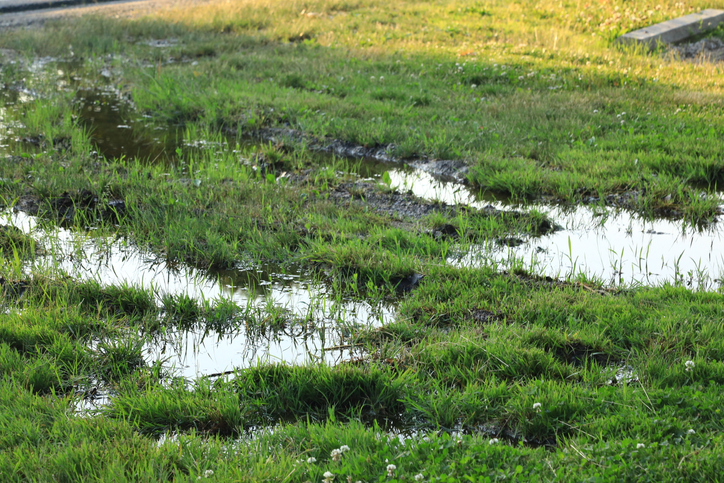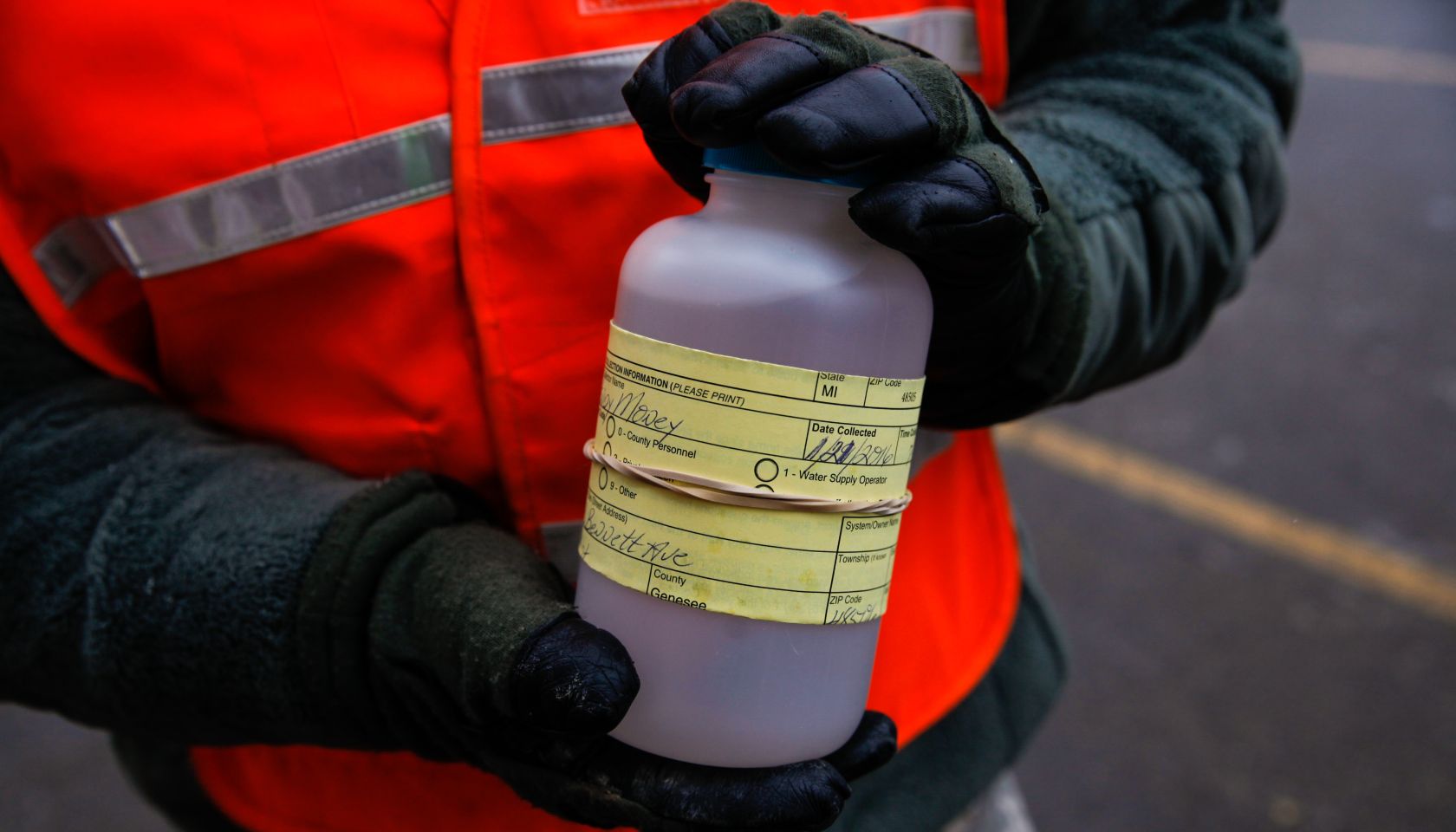Black Residents Advocate For Environmental Justice In Their Backyards
Black Centreville Residents Advocate For Environmental Justice In Their Backyards

Source: Douglas Sacha / Getty
Discrimination in municipal water and sewer service is not new. But with increased attention to environmental justice and equity, communities that have long struggled are starting to get needed attention.
Residents in Centreville, Ill., have fought for decades to resolve issues with human sewage flowing across their properties. NBC News reported that raw sewage has flooded yards, basements, and crawlspaces with little to no relief from the local government.
The community group, Centreville Citizens for Change, led the way, with over two dozen residents suing the Commonfields of Cahokia Public Water District and the City of Cahokia Heights. Citing the Clean Water Act violations, the lawsuit alleges the city and the utility poorly maintained and failed to repair the sanitary sewer and stormwater drainage systems.
“The horrific sanitary conditions that Centreville residents face day in and day out is another example of municipal indifference that Black, low-income communities face in America,” said Nicole Nelson, executive director of Equity Legal Services. “Commonfields’ and Cahokia Heights’ negligence in providing basic sewage and stormwater services has subjected these residents to unacceptable safety and health hazards.”
Residents say enough is enough. In a July statement released by Earth Justice, residents documented the long battle with chronic flooding and sewage filling people’s yards. Like many older Black communities, several residents do not have the cash for repairs.
Homeownership is supposed to be the American Dream, but public utility and public health failures can make it a nightmare. It seems the residents’ persistence may finally be paying off.
In partnership with the Belleville News-Democrat, St. Louis Public Radio reported the U.S. Environmental Protection Agency ordered Cahokia Heights “to take steps to take steps to alleviate problems with the city’s poor sewage infrastructure.” The mayor has pledged to use funds from the American Rescue Plan for needed repairs.
Safe drinking water and proper disposal of sewage and human waste are accepted as a given in many areas.
Even where infrastructure is lacking, the billing departments still expect payment.
“Being a citizen in any area,–I don’t care if it’s here or anywhere else in the United States of America–the townships, the cities, the powers that be in charge, they need to do what they need to do to make sure that their citizens have everything they need to live comfortably,” Yvette Lyles, a member of Centreville Citizens for Change, told St. Louis Public Radio.
See Also:
















